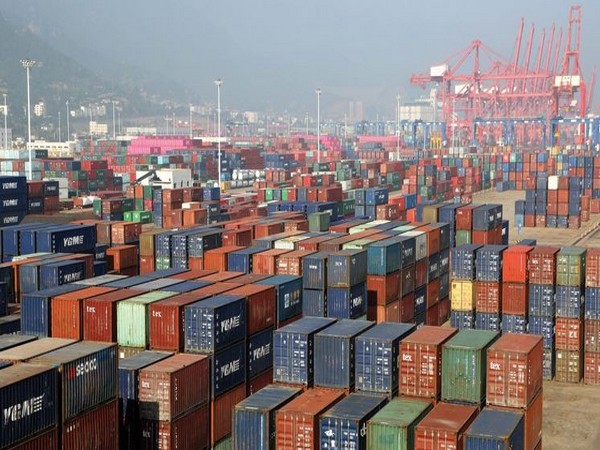State-Specific Logistics Policies: A Roadmap to Boost India's Global Competitiveness
The Ministry of Commerce's Logistics Division urges States and UTs to create tailored logistics policies, emphasizing the sector's role in economic growth. The report recommends IT solutions, green practices, and strategic investments to enhance competitiveness and efficiency across India's logistics landscape.

- Country:
- India
The Ministry of Commerce's Logistics Division has called on States and Union Territories (UTs) to develop logistics policies tailored to their unique demands, underscoring the pivotal role the logistics sector plays in economic growth and enhancing India's global competitiveness.
A report from the division stressed that States and UTs need to formulate action-oriented agendas with specific timelines to achieve developmental ambitions. It highlighted the sector's potential to boost economic efficiency, urging that logistics strategies be customized to state-specific needs, accompanied by clear implementation timelines.
The report advocates for robust institutional frameworks to coordinate execution effectively and suggests adopting IT solutions like real-time cargo tracking to enhance operations. Emphasizing workforce skill development and promoting green logistics, the report calls for accelerated initiatives to close capacity gaps and meet measurable goals with defined Key Performance Indicators (KPIs) and timelines.
States and UTs are encouraged to reduce logistics costs, focus on rail freight, promote electric vehicles (EVs), and leverage digital platforms for better data sharing. The promotion of multi-modal transport systems with strategic investments must aim for measurable outcomes to minimize costs and environmental impacts. Simplified regulations, dedicated funding, and real-time monitoring are vital for overcoming challenges.
Furthermore, the report suggests that coastal States prioritize port modernization and EXIM trade, North-Eastern States enhance cross-border connectivity, and landlocked States focus on multimodal logistics hubs for regional customization benefits. By adopting these measures, the report envisions a shift toward an efficient, sustainable, and globally competitive logistics ecosystem, enhancing the nation's growth and market competitiveness.
(With inputs from agencies.)










